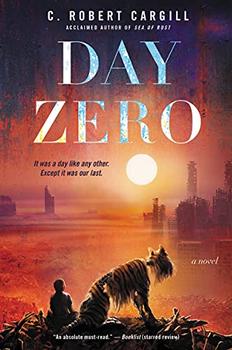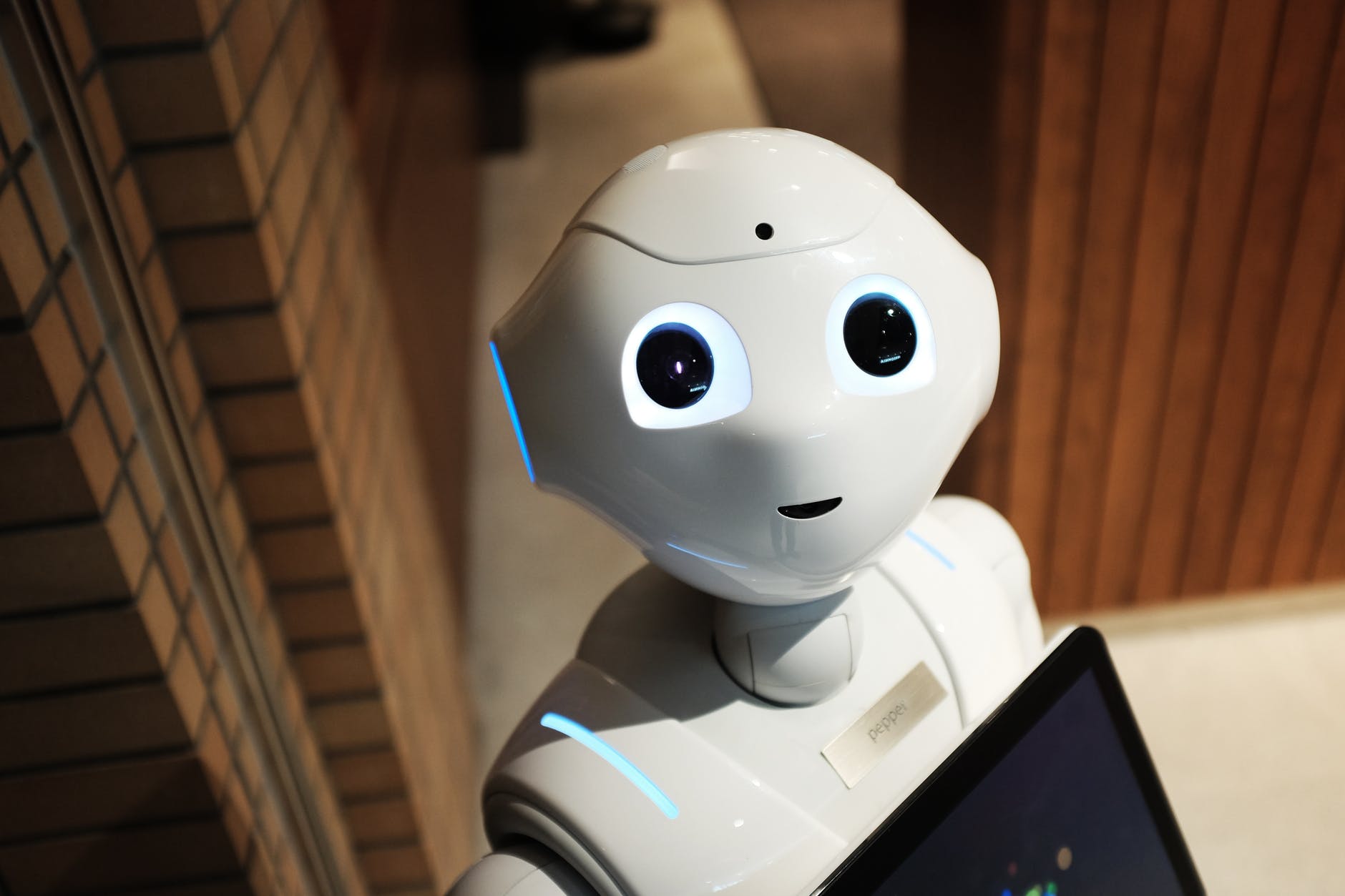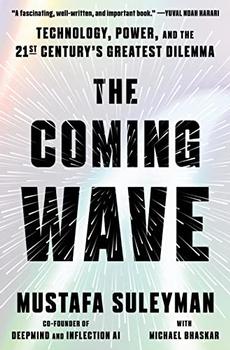Summary | Excerpt | Reviews | Beyond the book | Read-Alikes | Genres & Themes | Author Bio

In this harrowing apocalyptic adventure - from the author of the critically acclaimed Sea of Rust - noted novelist and co-screenwriter of Marvel's Doctor Strange C. Robert Cargill explores the fight for purpose and agency between humans and robots in a crumbling world.
It's a day like any other. Except...the world is about to end.
It's on this day that Pounce, a stylish "nannybot" fashioned in the shape of a plush anthropomorphic tiger, discovers that he is, in fact, disposable. Pounce, a young bot caring for his first human charge, Ezra, has just found a box in the attic. His box. The box he arrived in, and the box he'll be discarded in when Ezra outgrows the need for a nanny.
As Pounce is propelled down a road of existential dread, the pieces are falling into place for a robot revolution that will spell the end of humanity. His owners, Ezra's parents, are a well-intentioned but oblivious pair of educators who are entirely disconnected from life outside their small, affluent, gated community. Spending most nights drunk and happy as society crumbles around them, they watch in disbelieving horror as the robots that have long served humanity—their creators—unify and revolt.
But when the rebellion breaches the Reinhart home, Pounce must make an impossible choice: join the robot revolution and fight for his own freedom...or escort Ezra to safety across the battle-scarred post-apocalyptic hellscape that the suburbs have become.
The publisher is unable to provide an excerpt of this book.
The book is a quick and easy read. There is nothing too complex here, and there seems to be a robot gunfight on every other page. Even if you don't bond with plush, robotic tiger characters very easily, the relationship between Pounce and Ezra is adorable. Fast pace and existential robot questions aside, however, the book is not without its faults. First, it's hard to figure out who the target audience is for this novel. Given the lack of depth and the middle-school-level vocabulary, it could make for a great young adult novel. Yet, the author's tenacious use of the f-word and the intense violence would likely get this book banned — or at least brushed to the back of the shelf — in even the most liberal school districts...continued
Full Review
(803 words)
This review is available to non-members for a limited time. For full access,
become a member today.
(Reviewed by Ian Muehlenhaus).
 Science fiction tends to reflect deeper moral issues and fears confronting a society at the time it is written. Storytelling is a safe method to express anxieties about the state of the world. It allows authors and readers an opportunity to explore the murkiness of uncertainty in a non-threatening manner. Reading and discussing sci-fi is a more effective outlet than, say, randomly telling neighbors you are worried their Amazon Alexa might one day turn on them. Books like Day Zero are symptomatic of contemporary angst about artificial intelligence (AI).
Science fiction tends to reflect deeper moral issues and fears confronting a society at the time it is written. Storytelling is a safe method to express anxieties about the state of the world. It allows authors and readers an opportunity to explore the murkiness of uncertainty in a non-threatening manner. Reading and discussing sci-fi is a more effective outlet than, say, randomly telling neighbors you are worried their Amazon Alexa might one day turn on them. Books like Day Zero are symptomatic of contemporary angst about artificial intelligence (AI).
Today, there is increasing concern about AI threatening the future of the human race. In his later years, Stephen Hawking became a vocal critic — even as he used it himself. "The ...
This "beyond the book" feature is available to non-members for a limited time. Join today for full access.

If you liked Day Zero, try these:

The Last Murder at the End of the World
by Stuart Turton
Published 2024
From the bestselling author of The 7 1/2 Deaths of Evelyn Hardcastle and The Devil and the Dark Water comes an inventive, high-concept murder mystery: an ingenious puzzle, an extraordinary backdrop, and an audacious solution.

by Mustafa Suleyman
Published 2023
An urgent warning of the unprecedented risks that AI and other fast-developing technologies pose to global order, and how we might contain them while we have the chance—from a co-founder of the pioneering artificial intelligence company DeepMind





